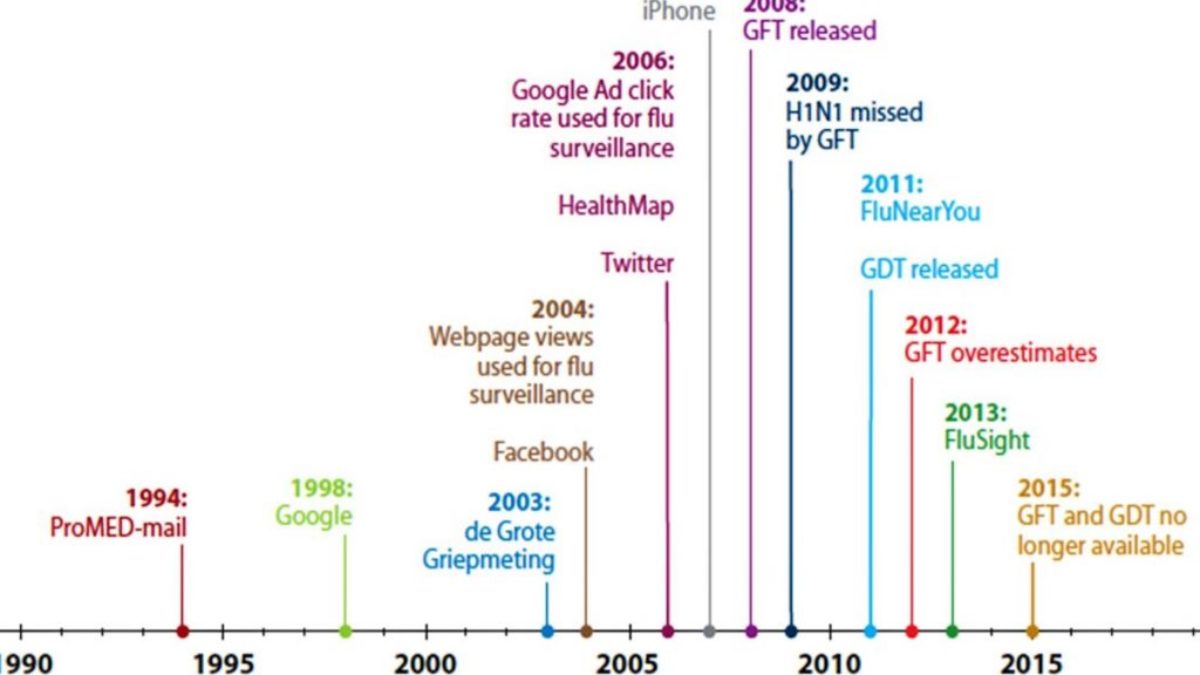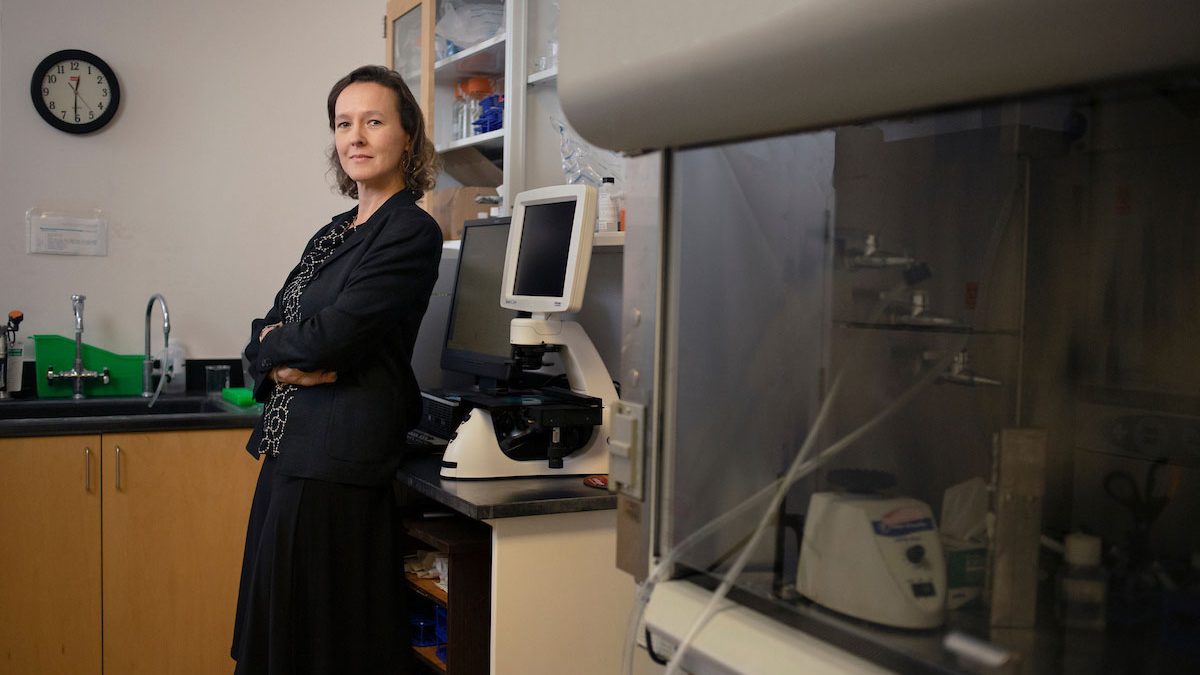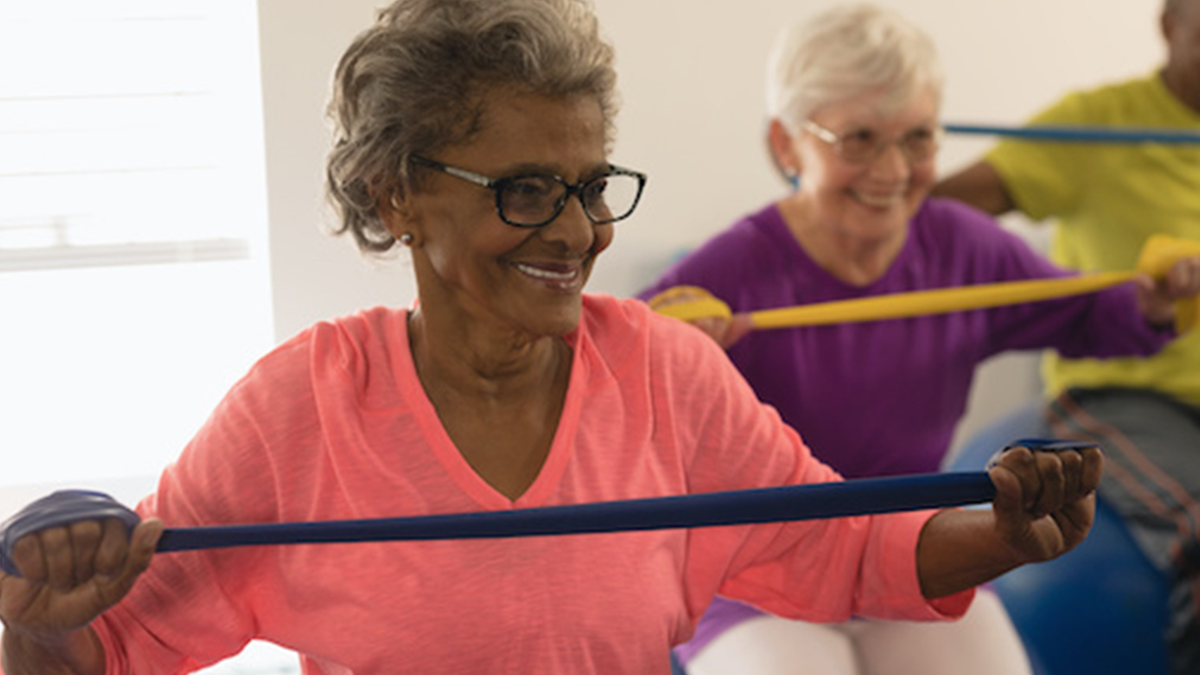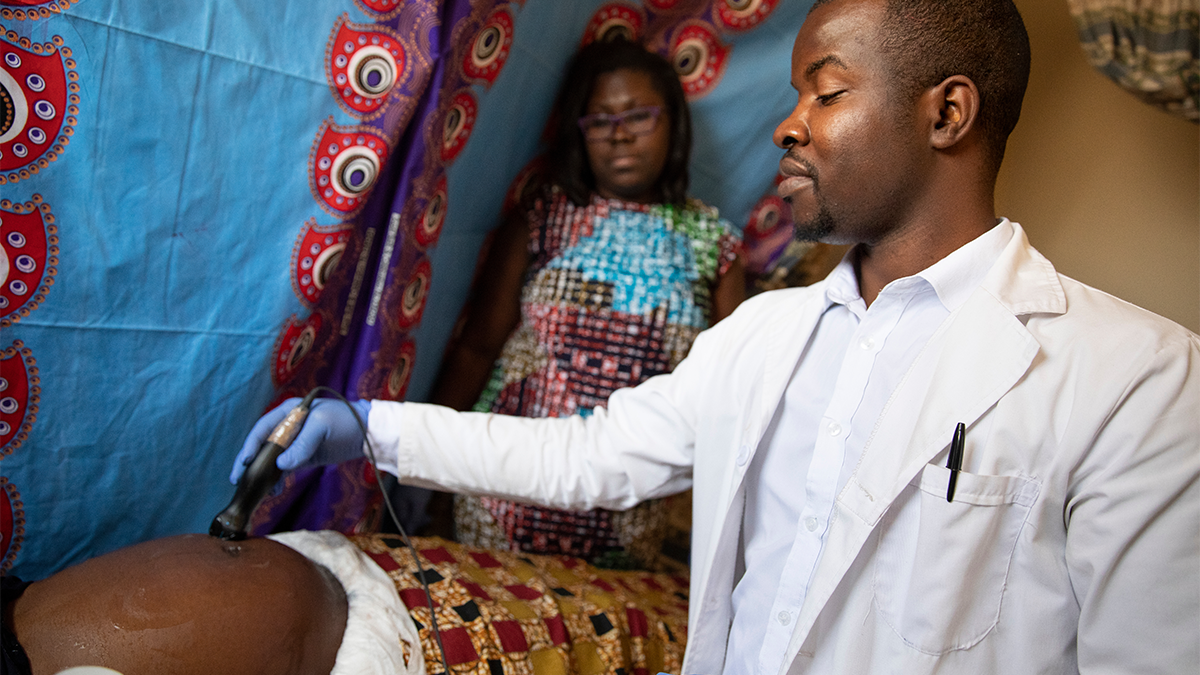Monitoring Disease through Social Media
Published on April 22, 2020Can social media help track the spread of disease?

Can social media help track the spread of disease?
Researchers at the UNC Gillings School of Global Public Health are “on the precipice of an unprecedented opportunity to track, predict and prevent global disease burdens in the population using digital data.”
Allison Aiello, Ph.DOpens in new window., professor of epidemiology and a Carolina Population Center (CPC) fellow; and Audrey RensonOpens in new window and Paul Zivich, both epidemiology doctoral students who work at the CPC, have been working on disease surveillance to monitor the spread of disease through populations to recognize patterns and minimize negative effects. Their latest research shows that social media could serve as a tool to track the spread of diseases such as COVID-19.
The traditional surveillance systems that are currently in place are limited in that they only account for individuals who seek medical care. With social media tracking, medical professionals will be able to gain a better understanding of the total disease burden and be more equipped to address the disease accordingly.
Read the complete Carolina Story…Opens in new window
At the UNC Gillings School, we’re on the front lines of public health. From disease prevention to promoting equity and engineering a healthier planet: We’re on it. Every two weeks, we share top stories of local and global impact in our Front Lines newsletter. Sign up nowOpens in new window.





